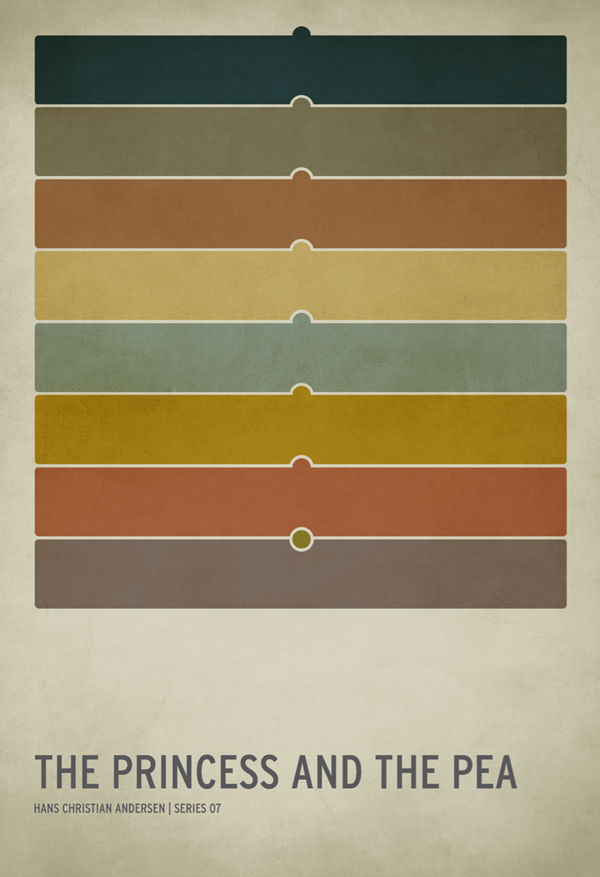1.
***
Increasingly, I wonder if brevity is the key to artistry,
just as simplicity is often the heart of beauty. Good children’s novels are
lovely because they distill observations about life and ideas into a short,
simple, and potentially profound format. They appeal to the child and cause the
adult to think. They are truly soul-stirring pieces of literature.
Brevity, conciseness, and distillation don’t necessarily
require that pictures be small and books be short. Will Strunk, of Strunk and
White’s Elements of Style, says, “Vigorous
writing is concise… This requires not that the writer make all his sentences
short, or that he avoid all detail and treat his subjects only in outline, but
that every word tell.” Sometimes a very long story gives the impression that
every word is essential. However, often a space-challenged medium forces a
storyteller to bring out the very best in his tale. Often shorter novels
actually say more. Miss Austen’s books are not in the least long, as novels
(especially nineteenth-century novels) go, but they are polished to such a
degree that they say a great deal.
I found much to think about in Eva Brann’s fascinating
(and admittedly long) discourse on Austen’s novels. In Austen-esque language,
she discusses Jane’s Austen’s character and personal life as well as her
artistry. You really should read it: “The Perfections of Jane Austen.”
2.
***
Speaking of brevity, have you seen these minimalist posters of children’s stories? Scroll down slowly so that you can guess which
story inspired each poster (I’d love to hear which one is your favorite).
3.
***

The life of an author is fraught with decisions. I was
tickled to read about “Famous Literary Characters Almost Named Something Else.”
4.
***
I love this passage from the forward to Strunk &
White’s famous and concise writing guide, The
Elements of Style.
“ ‘Omit needless words!’ cries the author on page 23, and into that imperative Will Strunk really put his heart and soul. In the days when I was sitting in his class, he omitted so many needless words, and omitted them so forcibly and with such eagerness and obvious relish, that he often seemed in the position of having shortchanged himself—a man left with nothing more to say yet with time to fill, a radio prophet who had outdistanced the clock. Will Strunk got out of this predicament by a simple trick: he uttered every sentence three times. When he delivered his oration on brevity to the class, he leaned forward over his desk, grasped his coat lapels in his hands, and, in a husky, conspiratorial voice, said, ‘Rule Seventeen. Omit needless words! Omit needless words! Omit needless words!’ ”
5.
***
Have you read Mark Dunn’s Ella Minnow Pea? It’s a novel that simultaneously explores several
things, but one of them is language itself and whether it matters if language
is constricted by fiat. I plan to write more about this little book later, but
it fits into the discussion of this post so well that I had to mention it.
6.
***
 |
| (By David Gilmour Blythe) |
Isn't it funny that Lincoln's short little address at Gettysburg is the speech we now remember and treat with civic reverence? At the time, his words seemed merely an addendum to the "real" presentations of the day, and The Times of London commented: "The ceremony [at Gettysburg] was rendered ludicrous by some of the sallies of that poor President Lincoln."
7.
***
Am I allowed a complete change of topic? I mentioned on Wednesday
that Sister, Daughter, Mother, Wife,
a blog about living out our vocations as women (for instance, as sisters,
daughters, mothers, and wives) is now live. I’d like to link to “Talking to My Evangelical Friends,” an article I wrote about how Lutherans and Evangelicals
sometimes talk past each other, and how this is indicative of our deepest
religious fears.
Happy Friday! Linking up to Conversion Diary for other Quick Takes.



I love the minimalist posters. And just about anything by Strunk.
ReplyDeleteFor the minimalist posters, I like Little Red Riding Hood, Snow White, Pinocchio, The Three Little Pigs, Rumpelstiltskin ... okay, okay, I like them all! Too difficult to choose. Speaking of images, I am a very visual person and I love the images you use for your blog posts. Where do you get them ... do tell!
ReplyDeleteJust found your blog and now following via Google+. :o)
When I'm looking for pictures, I usually do a Google image search with the settings set to, "labeled for reuse with modification," partly because it's the old and classic art that is most often copyright free.
DeleteJoel Chandler Harris rhymed his counsel – and summed up better anything I ever said to the writers I edited:
ReplyDeleteWhen you've got a thing to say,
Say it! Don't take half a day.
When your tale's got little in it
Crowd the whole thing in a minute!
Life is short--a fleeting vapor--
Don't you fill the whole blamed paper
With a tale which, at a pinch,
Could be cornered in an inch!
Boil her down until she simmers,
Polish her until she glimmers.
The line about polishing reminds me of how Jane Austen talked about polishing her "little bit of ivory" (her story).
Delete